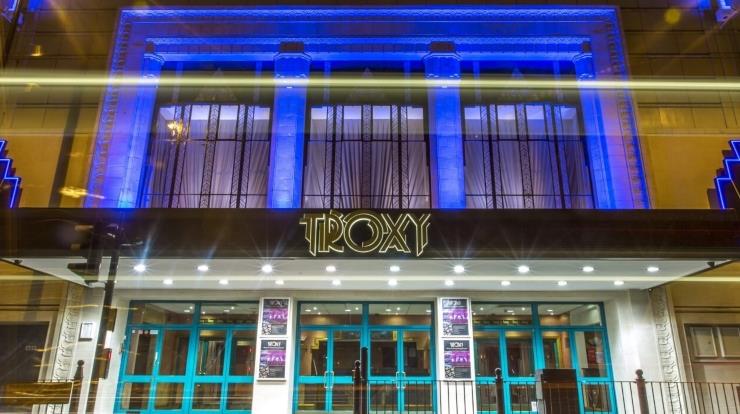This year marks our 9th annual Innovator 25 in the Americas. Once again, this year’s list features remarkable innovators who are addressing the industry’s challenges with ingenuity and insight to make meaningful — and hopefully lasting— change at time when it's needed more than ever. The tumult of this moment has forced the industry to embrace change and reimagine the future of work, diversity and the role of technology.
We also asked this year's innovators for their perspectives on the future of the office. The responses, summarized below, were eye-opening given the massive impact this one policy will have on the shape our industry takes in coming years. The responses exist on a spectrum, from eager to reimagine elements of work that were, in hindsight, broken and those who are looking to strike a balance between then and now.
Take, for instance,
PublicRelay CEO Eric Koefoot, who says work from anywhere is a chance to "bring talent and money to the wonderful smaller communities that have lost to urban areas over the past few decades." Similarly,
Jasmine Teer, VP of strategy at Small Girl's PR, sees possibilities for "a happier workforce to live in affordable cities, work on decentralized schedules, and still experience upward mobility and effective impact in their careers."
USC's communications director Jeremy Pepper believes we're headed for a "flatter" industry "where it will be the best and brightest where they are, not where they are forced to move to New York, San Francisco, Los Angeles, Boston, Chicago."
As data has shown, traditional office structures
are most harmful to women and people of color. Unsurprisingly, those who most actively champion diversity, equity and inclusion are the most bullish on the industry transforming towards more flexibility.
Real Chemistry's global chief inclusion and health equity officer Mary Stutts directly points to the equity issue, adding that, office "policies should include more flexible work schedules and the ability to work remotely, ensuring access to childcare and paying women more equitably."
Hold the PRess co-founder Fatou Berry adds, "I’d like to see future office models prioritize catering to everyone’s different working styles and needs."
For an industry that relies so heavily on human alchemy and chemistry, does flexibility compromise culture? Not so, says
Small Girl's PR's Teer. "Now that the workforce has successfully navigated remote work at scale, my perceptions of what a strong office/culture can look like have expanded. The internal values any organization establishes for itself—which should be written and communicated as clearly as possible—can be celebrated and sustained through digital connections, in concert with a physical presence together, or perhaps wholly on its own."
Golin EVP Steve Bent says even the IPG firm has "thrived with 100% online teams. I think most in the industry like the freedom of working from home. But culture is key. Moving forward, it will be more important than ever to make sure teams carve-out intentional time to connect, collaborate, and celebrate each other."
That word, "intentional," comes up often around the future of work. That's because so many changemakers are redefining culture with intentionality. The traditional office catered to those who thrive in specific environments, whereas the future is being written with more points of view taken.
Teneo senior managing director Lisa Davis says the office is due for "updated thinking on how personal needs and work needs should be equally addressed."
Dole Sunshine's chief innovation officer Lara Ramdin calls for the industry to rethink priorities: "Teams/individuals should feel that they are able to plan their work around their lives, not the other way around."
Weber Shandwick EVP Pam Jenkins points out, "We all want work environments and cultures that meet our emotional needs, that allow for meaningful connections, that respect and reflect employee individuality and that inspire us to do our best work."
Sanofi brand leader Richard Qian says the future should prioritize culture, collaboration and performance but around "different physical arrangements and evolving personal priorities from team members."
Several innovators eschewed the notion that culture and remote work must be at odds.
Ben Coffey Clark, founding partner of Bully Pulpit Interactive, notes "one of those good Zoom elements, is that it’s more of a meritocracy of ideas because people don’t get caught up in whose office they’re in or what their title is."
Dole Sunshine's Ramdin adds, "I find that people work harder when they feel trusted and are given the space, to figure out a work schedule that works best for them individually."
The Wakeman Agency founder/CEO Vanessa Wakeman says culture should "normalize and prioritize the human experience" and "remove barriers that keep people from feeling unable to show up fully."
LinkedIn's Michael Kaye adds, "LinkedIn trusts its employees and teams to do what works best for them."
Notably,
Biogen's global head of corporate reputation and responsibility Johanna Jobin was the sole voice calling out the environmental impact of office structure and called for sustainability to be taken into account. "I would like to see an 'office/work culture' designed to create truly diverse and inclusive work environments — whether in-person, remote or hybrid — while also inspiring innovation to tackle complex social and environmental challenges."
Ruder Finn chief technology officer Tejas Totade also noted how much he thinks about the planet's sustainability. "I love reading about the big creative ideas in technology and other disciplines to combat climate change."
While most of the innovators envision a hybrid work environment, some leaned more on tradition.
PRophet founder/CEO Aaron Kwittken says, "I'd like to see a three-day in office work week with at least one of those days designated as 'all hands'... It is impossible to build and sustain a winning culture when everyone is remote. And culture is everything." Without this, he is concerned "companies are more disposable and staff have expectations around work life that may not be sustainable."
Hotels.com's global director Jennifer Dohm also questions "the sustainability and engagement of an entirely remote workforce. I’m a people person. I think people need people and that includes being in a physical space together."
Anheuser-Busch VP Jennifer Morris says, "From a creative standpoint, I don’t think you can really recreate the magic that happens when people are together."
PayPal senior director Ian Cohen looks to "excite employees about going back to the office."
Of course, the Q&As reflect more than just 'back to office.' Concerns around DE&I and how our industry applies technology surfaced, among other issues.
Kivvit's principal Joe Libutti warns the industry not "to succumb to the assumption that more math and technology is always better, while failing to acknowledge the biases inherent in new technology and devaluing human intuition."
Day One VP Victoria Gates-Fleming urges the industry not to lose meaning for the sake of speed. "It’s important that we are all still driving forward ideas that are deeply rooted in consumer insights and human truths."
Also, this year, the words "mental health" showed up in more innovator Q&As than ever before. Biogen's Jobin points out it's "mutually beneficial when companies recognize the whole person, helping with resiliency and mental wellbeing."
Zeno Group's Michael Brito says, "It’s exciting to see our industry taking action against racial injustice, focusing on employee mental health, and caring for colleagues more than ever."
We asked innovators how they define happiness this year. Weber Shandwick's Jenkins said directly what most of the survey participants alluded to: "Happiness = Time."
Croc's director Melissa Laytonadds, "I believe happiness is enjoying the moments when we can take a deep breath and slow down. It is in those moments that I have some of my most creative ideas." It's impossible to decouple these responses from the debates about the future of the office.

 Podcasts
Podcasts Videos
Videos Profiles & Interviews
Profiles & Interviews Crisis Review
Crisis Review Coronavirus
Coronavirus Trend Forecasts
Trend Forecasts Social & Digital
Social & Digital Technology
Technology Consumer
Consumer Employee Engagement
Employee Engagement Sports Marketing
Sports Marketing  Global PR Agency Rankings
Global PR Agency Rankings Agencies of the Year
Agencies of the Year Innovator 25
Innovator 25 Creativity in PR
Creativity in PR Asia-Pacific Communication Index
Asia-Pacific Communication Index SABRE Awards
SABRE Awards PRovokeSummit Global
PRovokeSummit Global PRovoke Media Regional Series
PRovoke Media Regional Series Agencies of the Year
Agencies of the Year Roundtables
Roundtables Agency Playbook
Agency Playbook.jpg) All Jobs
All Jobs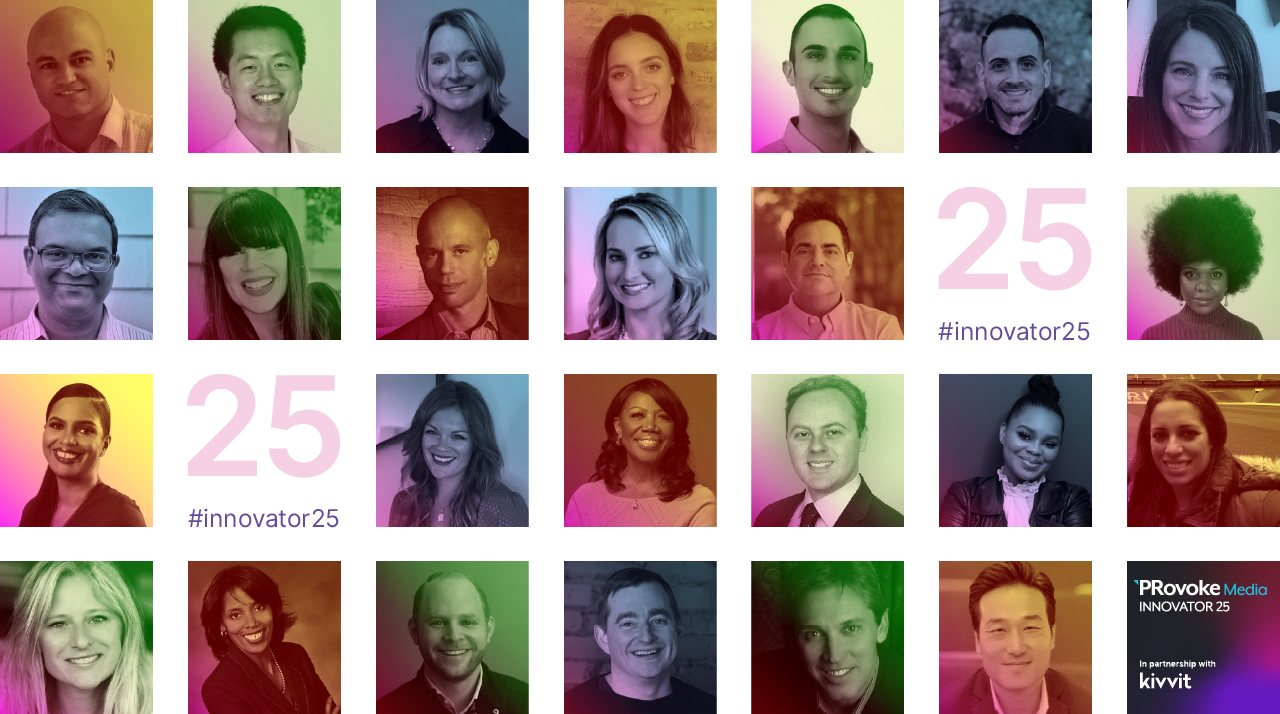
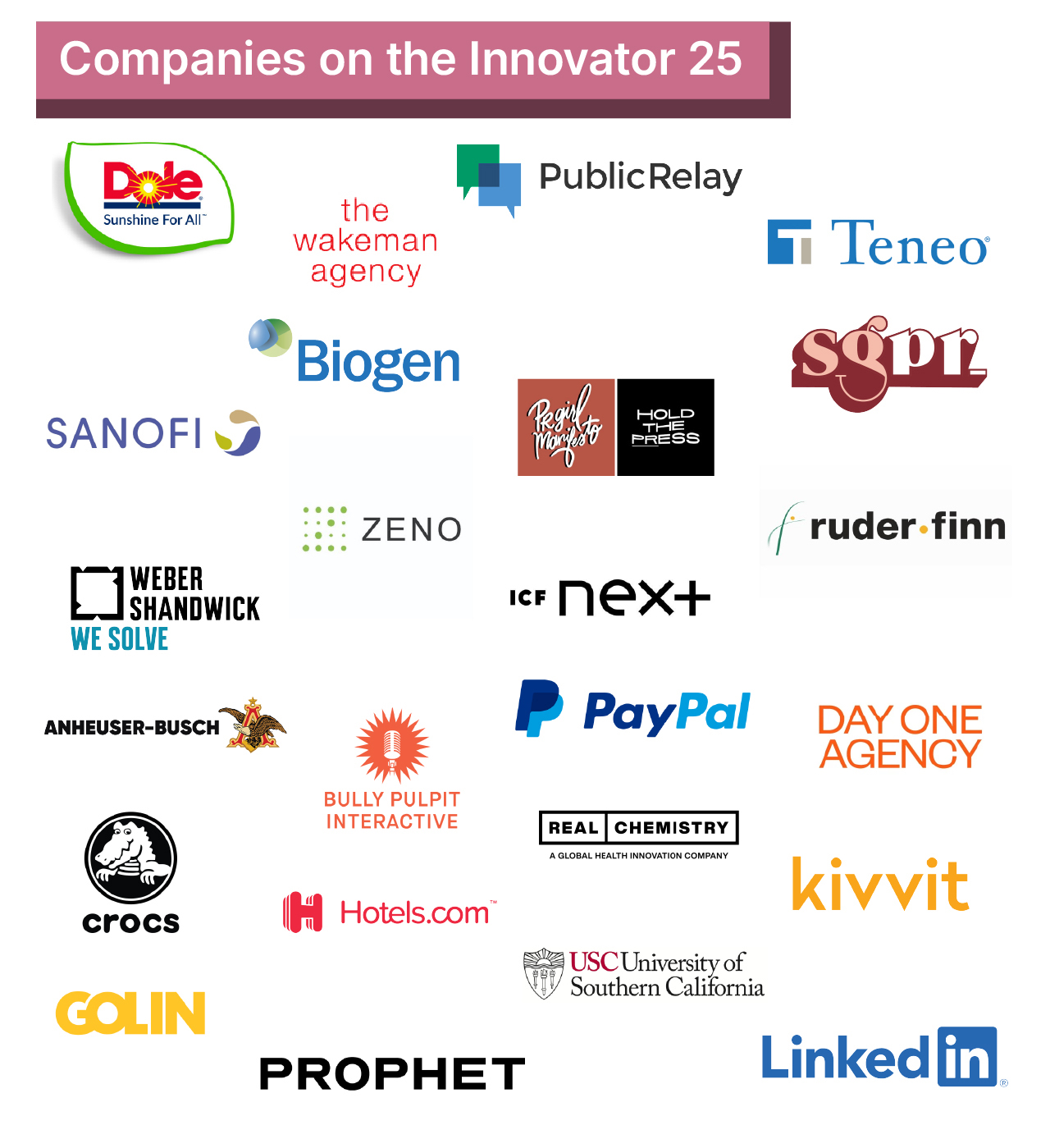
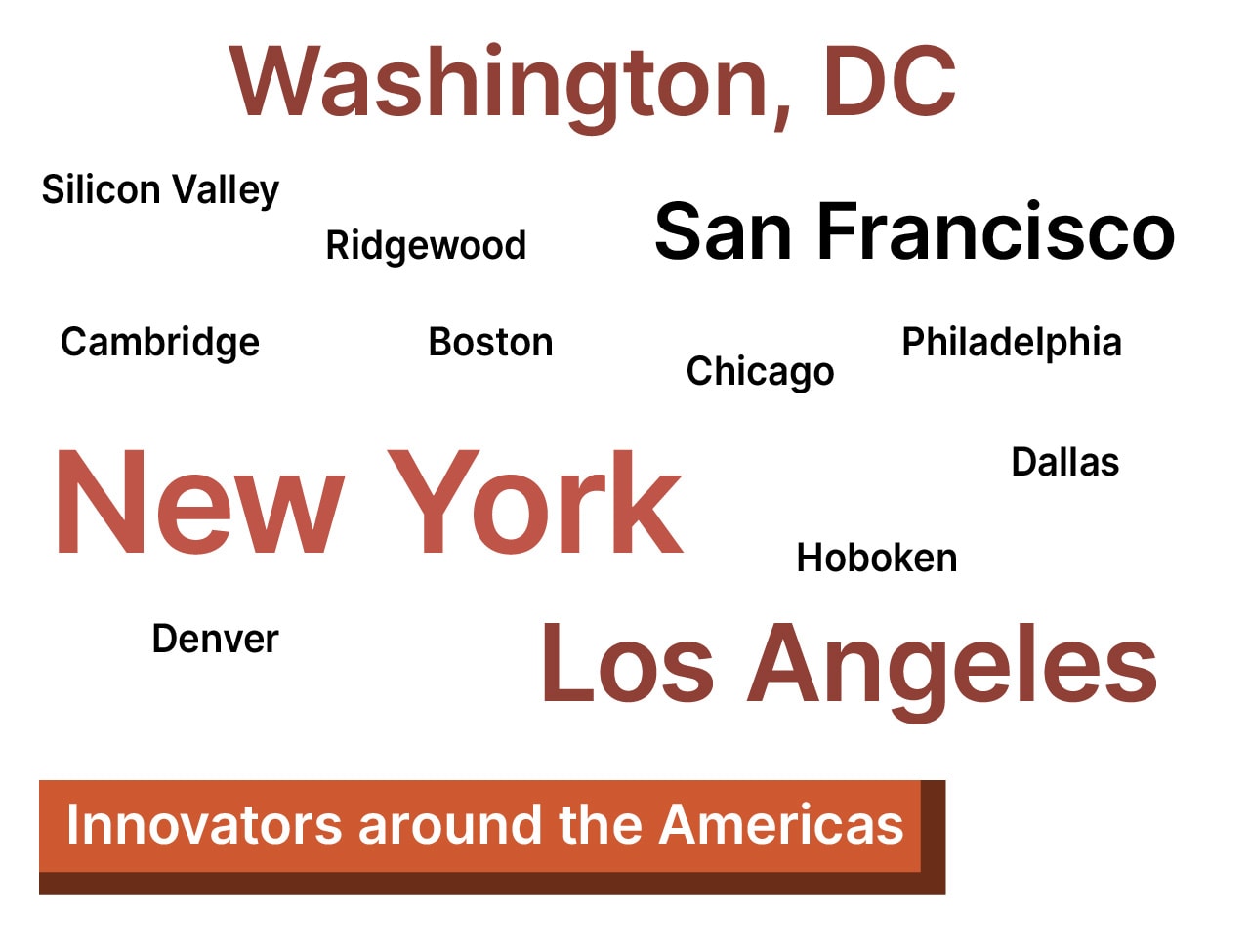
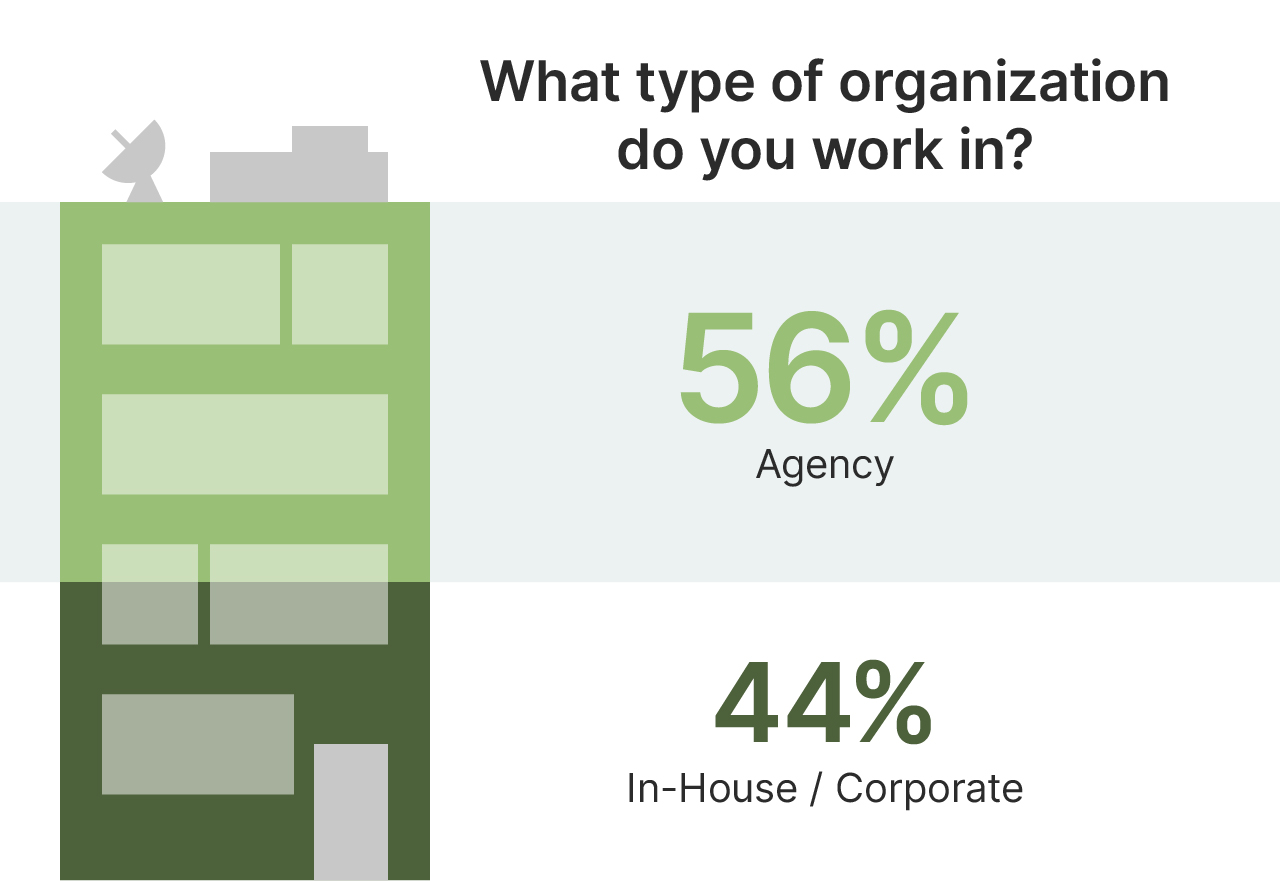
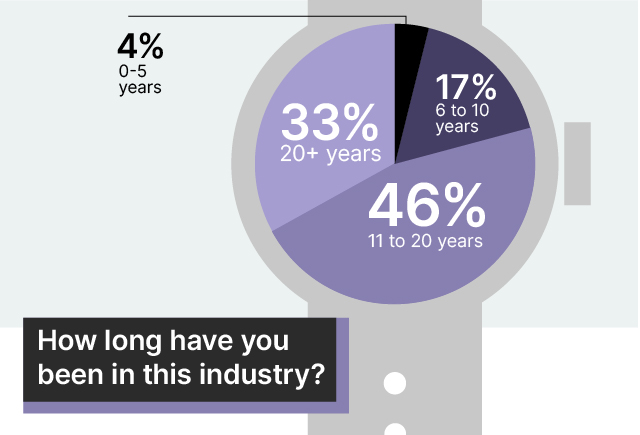
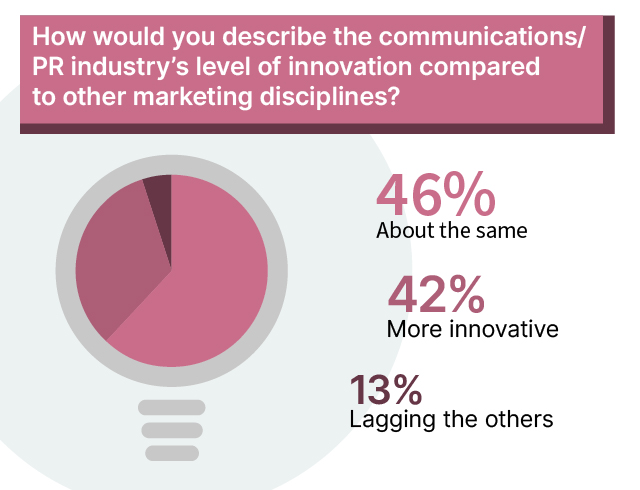
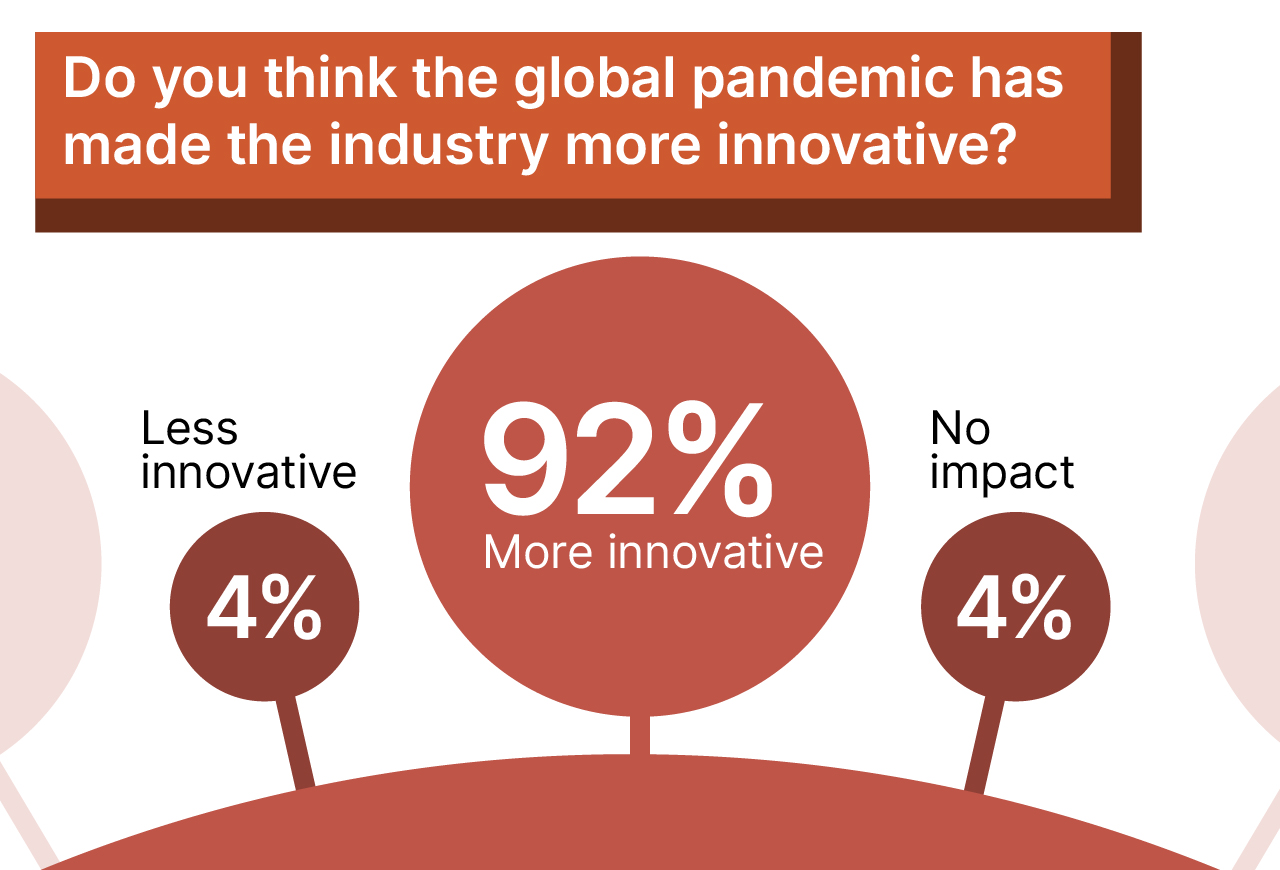
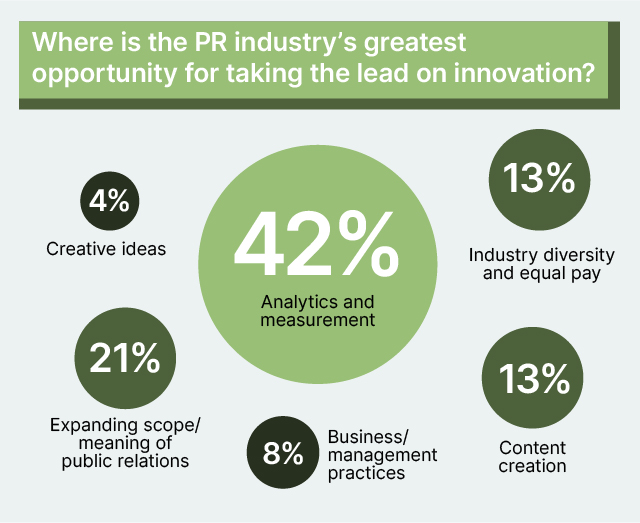

.jpg)
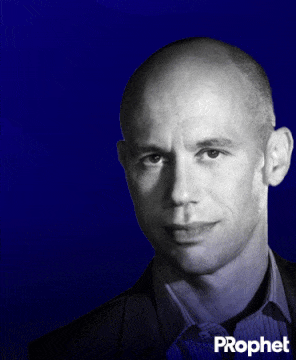
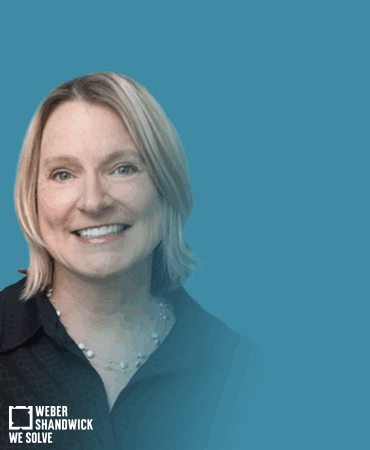


.tmb-135x100.jpg)



